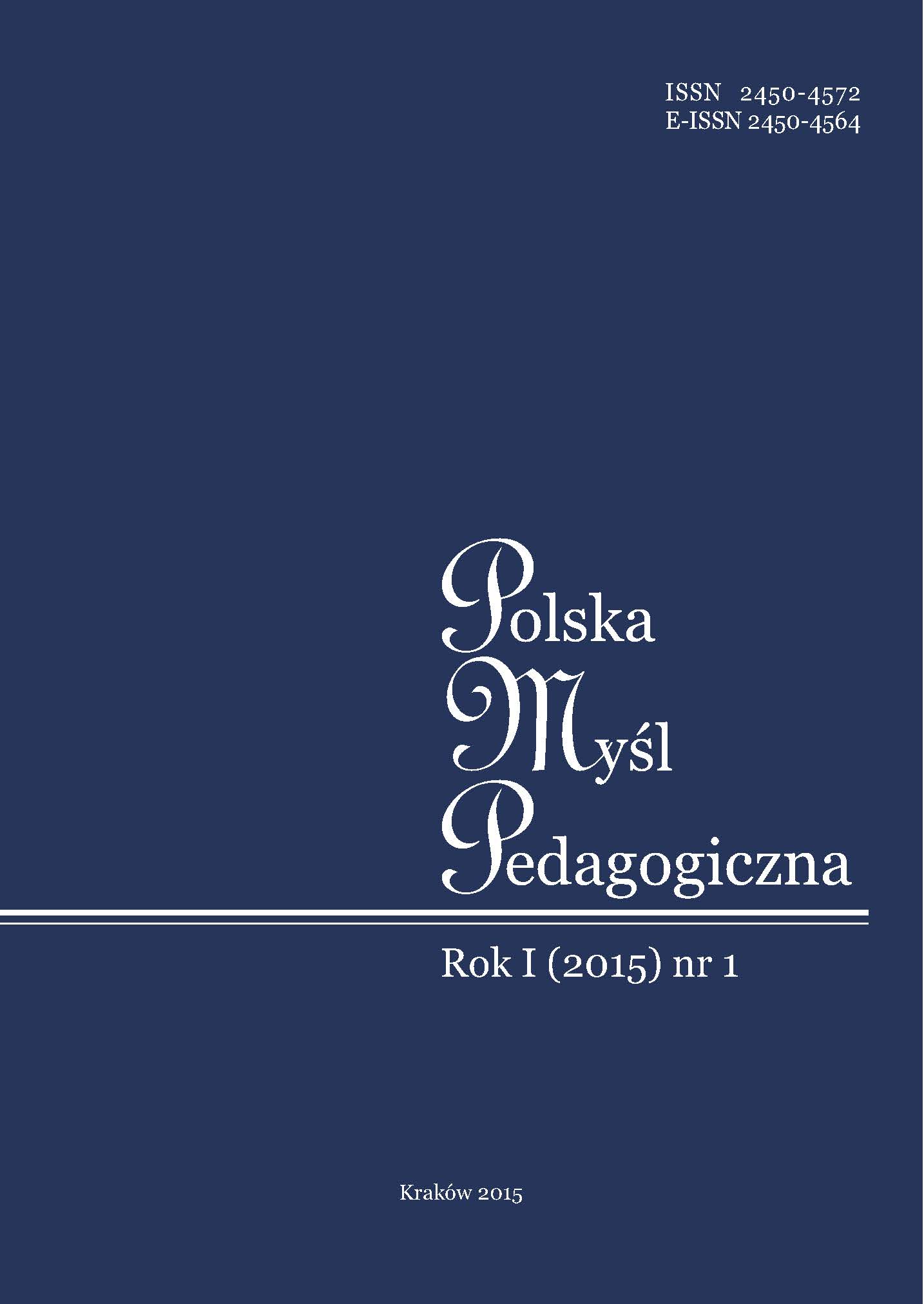Działalność Izabeli Czartoryskiej w służbie edukacji i wychowania patriotycznego
The activity of Izabela Czartoryska in the service of education and cultivating patriotism
the creation of national museums
Author(s): Renata PaterSubject(s): History, Social Sciences, Education, Cultural history
Published by: Wydawnictwo Uniwersytetu Jagiellońskiego
Keywords: museum education; patriotic education; cultural heritage; Polish national museums; cultural education
Summary/Abstract: In the 21st century, museum education in Poland is developing at a dynamic pace. One can notice the emergence of modern, interactive museums with attractive architecture and rich educational programs (e.g. the Warsaw Rising Museum, the Chopin Museum and the recently opened Museum of the History of Polish Jews POLIN, the Jozef Pilsudski Museum, and the Polish History Museum, which is still under construction). The educational activities are aimed at different target groups, including both organized groups such as school classes or groups of persons with disabilities, as well as individual visitors, such as children, families or the socially excluded. In the present article, the author depicts the first Polish museum created by private initiative at the turn of the 19th century - a museum created of Princess Izabela Czartoryska (née Countess Flemming) "from the bottom of her heart". This was the period in which Poland had completely disappeared from the map of Europe, having lost its national sovereignty. The contemporary educational dimensions of Polish cultural and museum heritage are particularly important in the context of such historical events - particularly the commitment of distinguished Poles and the wider Polish society for the perseverance and survival of Polish culture. Analyzing the origins of Polish museology, including the formation of the first patriotic museums and national patriotic museums abroad (for instance in Rapperswil, Switzerland), the author underlines the importance of these activities for the development of the Polish educational thought, as well as museum and patriotic education.
Journal: Polska Myśl Pedagogiczna
- Issue Year: 1/2015
- Issue No: 1
- Page Range: 175-190
- Page Count: 15
- Language: Polish

